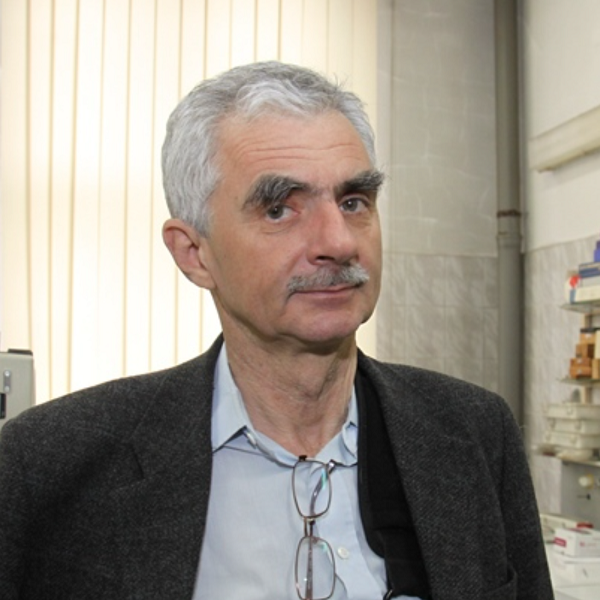|text: Małgorzata Kłoskowicz, PhD|
Energy is our future. We won’t survive without it. And although we produce enough of it, we still cannot store it effectively. An international team led by Prof. Eng. Jarosław Polański from the Institute of Chemistry of the University of Silesia in Katowice. The project is implemented as part of the “Green Horizon” competition of the Research Excellence Initiative.
There are almost 8 billion people on Earth. How can we ensure their good quality of life and survival? Climate change is among the most important global challenges. One of the most serious sources of these changes are traditional methods of energy production. The carbon dioxide released as its result accumulates in the atmosphere, creating a giant greenhouse effect. Counteracting these effects, on the one hand, we strive to reduce the demand for energy, on the other hand, we look for ways to manage it. The latter topic became the subject of interest of the team of Prof. Jarosław Polański.
Prof. Jarosław Polański admits that these days effective management comes down primarily to the storage of surpluses of generated energy. For this purpose, pumped-storage power plants are used, in which electricity is converted into gravitational energy of water pumped to a reservoir located at a certain height. Another method relies on batteries, most often lithium-ion. However, battery technology is still far from perfect as it requires the use of rare metals and waste storage. Therefore, scientists are constantly working on new methods. Currently, these are primarily hydrogen technologies, however, they are also associated with various challenges. The problem is e.g. production of hydrogen and safety of its storage.
Another option is air compression or liquefaction technology. It is also worth mentioning the use of the heat of formation and decomposition of vapors of chemical substances as an alternative method of energy storage.
“I would like to say a few words about this last method. This issue is the subject of our scientific project. The theme was inspired by the “Green Horizon” competition. I decided that the new energy storage system using chemical vapors fits perfectly into the idea of the competition. So I contacted a group of chemical engineers from the University of Birmingham and we started cooperation” says prof. Jarosław Polański.
Storing energy is to use chemical reactions between certain salts and ammonia is a relatively new idea. Scientists use anhydrous calcium chloride as a salt. This compound, subjected to the action of ammonia, forms the so-called adduct, and gives off heat. The heated adduct decomposes into ammonia and calcium chloride. Such cycles can be repeated, taking in and recovering energy alternately. Thus, we get an ideal energy storage system.
“We have designed an innovative method of energy supply using direct induction heating. The layout we’re working on right now consists of two components. The first uses calcium chloride, the second uses ammonia. In addition, we apply waste from the production of aluminium. It looks like mud or slime, It’s hard to figure out what to do with it. It turns out that such waste can work perfectly in the system we are designing” explains the chemist from the University of Silesia. The additive contains iron, so it is ferroelectric. This means that under the influence of magnetic induction, it allows heating of the system in which the reaction between ammonia and calcium chloride occurs.
Therefore, the important question is whether in the future such systems could be used, for example, in electric cars? “It’s still too early at this stage. I have an electric bike. In the summer I am able to easily get to work and come back home. However, in the winter the battery doesn’t last even for such a short distance. We are aware of the challenges faced by constructors of batteries for electric vehicles. Better and better solutions are still being sought, maybe other chemical energy storage systems will be the solution? First we need to create and perfect new technologies in technical terms. If people love such solutions, capital will be interested in them as well. This, in turn, guarantees their development. The queen of the sciences is… economy” sums up Prof. Jarosław Polański.
photo: Małgorzata Kłoskowicz
Prof. Eng. Jarosław Polański from the Faculty of Science and Technology is the leader of the project “Waste vermiculite as a matrix of a new energy storage system” co-financed under the “Green Horizon” competition of the Research Excellence Initiative. You can read more about the project at: www.us.edu.pl/idb/en/.






